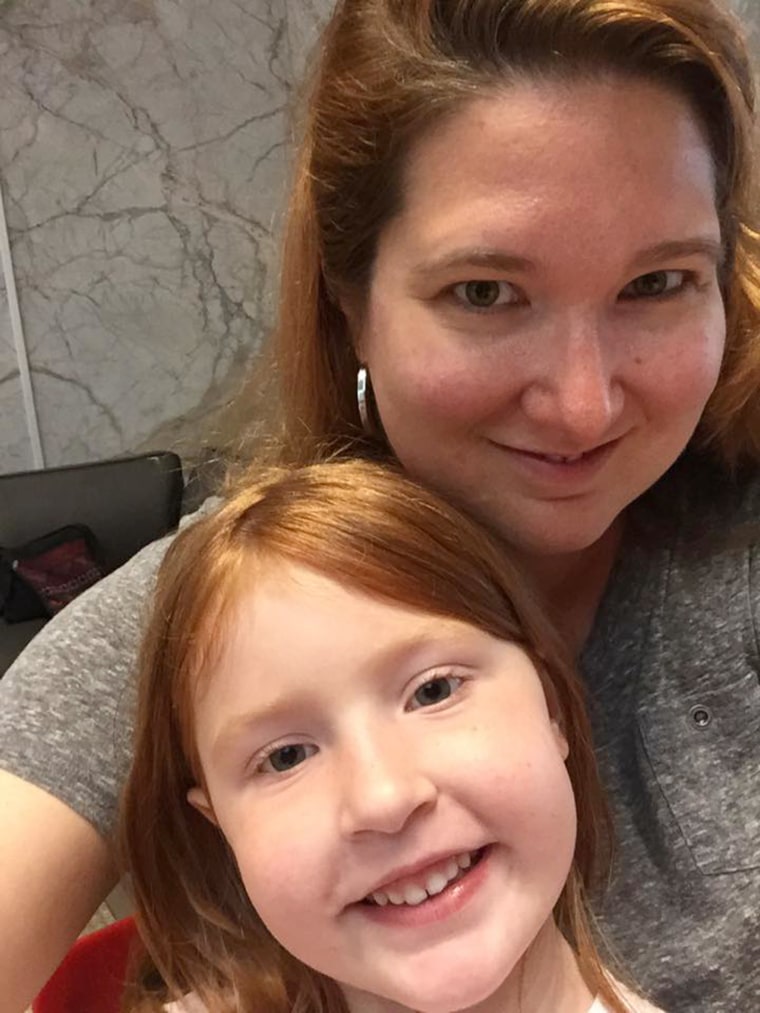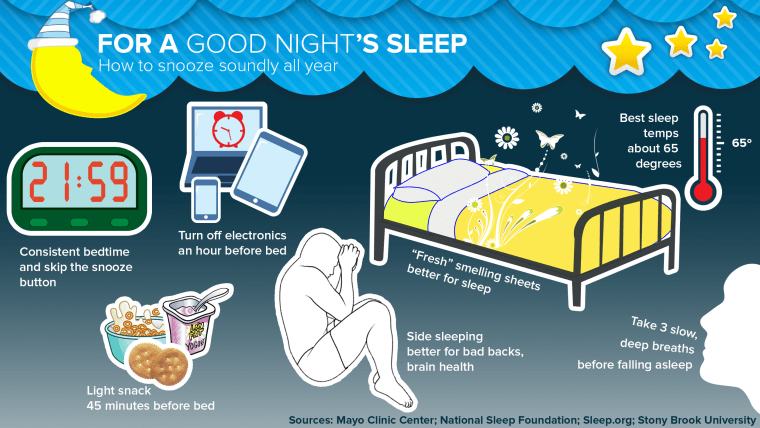A friend and I were enjoying the July weather and we stopped for a quick dinner. We immediately spotted two friends sitting at the bar and joined them. After a few minutes our chatting quickly devolved into goofiness and we were all giggling uncontrollably.
Then it hit me. My arms and legs felt like lead. Sitting upright was impossible. I leaned against the bar, trying to look casual, even though the bar was the only thing stopping me from falling on the floor.
“No, no, no” kept running through my head.

Cataplexy struck again.
“Cataplexy is a sudden loss of muscle tone usually brought on by emotion and the most potent emotion for doing this is laughter,” Jerome Siegel, director of the Siegel Lab at UCLA, tells me.
“Cataplexy is similar to the loss of muscle during REM.”
Related: Lucid dreaming is good for you. How you can learn it
Slipping into a puddle
While cataplexy involves muscle weakness, it certainly feels worse than legs might feel after a long run or an intense lifting session. Often, I cannot move my limbs and head and I slip into a puddle on the ground. From years of experience, I know that having cataplexy in public is a very bad thing. Everyone assumes the woman slouched on the table or sitting on the floor is drunk. In college I ran out of a date at a bar because I felt an attack starting. I made it to the steps of a church before collapsing.
I’ve been experiencing cataplexy since I was 12, but it wasn’t until I was 27 that I knew these attacks occurred because I suffered from narcolepsy, a sleep disorder where the brain struggles to properly regulate sleep/wake cycles.
While most people remain awake during their cataplexy attacks, I sometimes fall asleep, experiencing micro-naps. Even though I warn people it’s happening, I often awake to looks of panic. My friends or family always want to call an ambulance or render some sort of first aid, but CPR or 911 calls can’t help.
Like most narcoleptics, I am always tired and I can always nap. But how quickly narcoleptics slip into REM sleep remains a defining characteristic of the sleep disorder. While most people experience their first REM about 80 minutes into sleep, narcoleptics experience REM within a few minutes.
Related: Sleep apnea may be worse for women than men
When people learn I am narcoleptic, they become frightened to hear that I drive, cook, swim, or travel alone. They assume I fall asleep within seconds, with no warning. That’s not exactly how it happens, but it is not surprising people harbor such misconceptions. Even sleep experts knew relatively little about the disorder until recently.
“Prior to the last 20 years or so the term narcolepsy was used to describe anyone who was sleepy. Most people are sleepy and the most common cause of sleepiness is sleep apnea. There is ignorance within the profession,” says Siegel.
But Siegel is one of the researchers increasing our understanding of narcolepsy. His lab discovered that narcoleptics have lower levels of hypocretin in their brains. Hypocretin is a neurotransmitter that helps people feel awake. And, narcoleptics possess higher than average levels of histamine in their brains.
While these findings show how narcoleptic brains differ, they might result in better treatments. The most popular treatments involve stimulants such as Adderall and modafinil, but these drugs can be addictive and have serious side effects (I’m a talker as is, but catch me when I am taking a stimulant and it becomes impossible to get a word in). Finding a way to increase hypocretin in the brain, for example, might change the narcoleptic brains so they feel less sleepy.
On that July evening, it became apparent that my casual lean wasn’t keeping me off the floor. On jelly legs, I walked to a taxi and a friend accompanied me home.
I flung myself (read: fell) on the couch and started a Netflix binge. I didn’t even feel guilty about my "Orange is the New Black" marathon or going to bed early.

Meghan Holohan is a regular contributor and often writes about sleep issues for TODAY